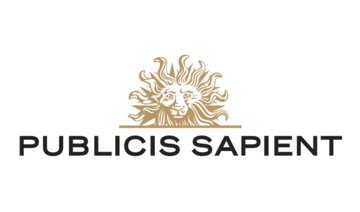LONDON: The invasion of Ukraine has exposed anti-Arab and anti-Muslim bias across European policymaking and news media. For hundreds of thousands of hounded, rejected or stranded refugees and asylum-seekers, the revelations of prejudice and favoritism must come as no surprise, though.
In the most recent incident — a textbook case of double standards — a Danish politician suggested that Ukrainian refugees could be exempt from laws that had allowed authorities to seize the assets of Syrian and Iranian refugees.
Rasmus Stoklund, immigration spokesman for Denmark’s Social Democratic government, told Danish paper Ekstra Bladet last week that the so-called jewelry law should not be applied to Ukrainians fleeing the conflict because they are from a “nearby region.”
Later, Stoklund said: “The jewelry law is made for if you leave the nearby region where you are safe, and travel through safe countries … but that is not the case for Ukrainians.”

The highly controversial laws meant incoming asylum-seekers were allowed to keep assets worth up to 10,000 Danish krone ($1,468), but anything valued above that figure could be seized by the state to pay for their stay in the country.
The potential exemption of Ukrainians from this law has highlighted the vastly different treatment that Ukrainians have received since their country was invaded, compared to what Syrians and other nationalities — most of them Middle Eastern and African — experienced while fleeing similar conflicts over the past decade.
“The 2016 law was largely symbolic, meant to send an unwelcoming, hostile message to people who might otherwise seek refuge in Denmark,” Judith Sunderland, associate director of Human Rights Watch’s Europe and Central Asia Division, told Arab News.
“Now the authorities want to send the opposite message of welcome, but only to Ukrainian refugees.
“Carving out an exemption for Ukrainian refugees is clearly discriminatory — if they don’t have to hand over their valuables, why should any refugee?”

French police officers proceed with operations during the eviction of migrants from a camp site in Calais, northern France. (AFP/File Photo)
The proposed change “crystallizes the stark contrast between the EU’s response to Ukrainian refugees and the bloc’s response to Syrians, Afghans, Iraqis, Eritreans … the list could go on.”
Sunderland added: “The empathy and generosity extended to Ukrainians should stretch further to all refugees, regardless of their nationality, religion or skin color.”
Her concerns are echoed by Chris Doyle, director of the Council for Arab-British Understanding, who believes “the Danish law was wrong in the first place — no matter who it applied to.
“So, at one level, (I am) delighted if Denmark lifts this law for Ukrainian refugees,” he told Arab News. “But, as we are seeing in many countries, there is a completely different reaction to taking in and how people deal with, Ukrainian refugees than refugees from Syria, Afghanistan and other areas.”
This, according to Doyle, “should not be the way countries concoct their refugee policies.”
Denmark’s London embassy did not respond to a request for comments by Arab News.
INNUMBERS
* 6.7 million Syrian refugees.
* 2.7 million Afghanistan.
* 2 million Ukrainian refugees.
Source: UNHCR
As of Tuesday, more than two million people had fled Ukraine, a country with a pre-war population of about 40 million. The vast majority of those displaced by the Russian invasion have poured into the EU.
Poland has been a key European voice amid the Ukraine crisis and has taken in the highest number of refugees — more than 1 million people in less than two weeks.
Likewise, as of Monday according to UN figures, Hungary, the Czech Republic and Slovakia had provided refuge to at least 180,000, 100,000 and 123,000 people, respectively.
“We will do everything to provide safe shelter in Poland for everyone who needs it,” Mariusz Kaminski, Poland’s interior minister, said last week, failing to mention that, during the Syrian war, Poland, as well as Hungary and the Czech Republic, had essentially refused to take in any Syrian refugees.
This outright refusal to shelter Syrians earned them a reprimand from the European Court of Justice for refusing to follow EU-wide laws on refugee intake. Slovakia, for its part, only accepted a minute number of Christian refugees during the Syrian crisis.
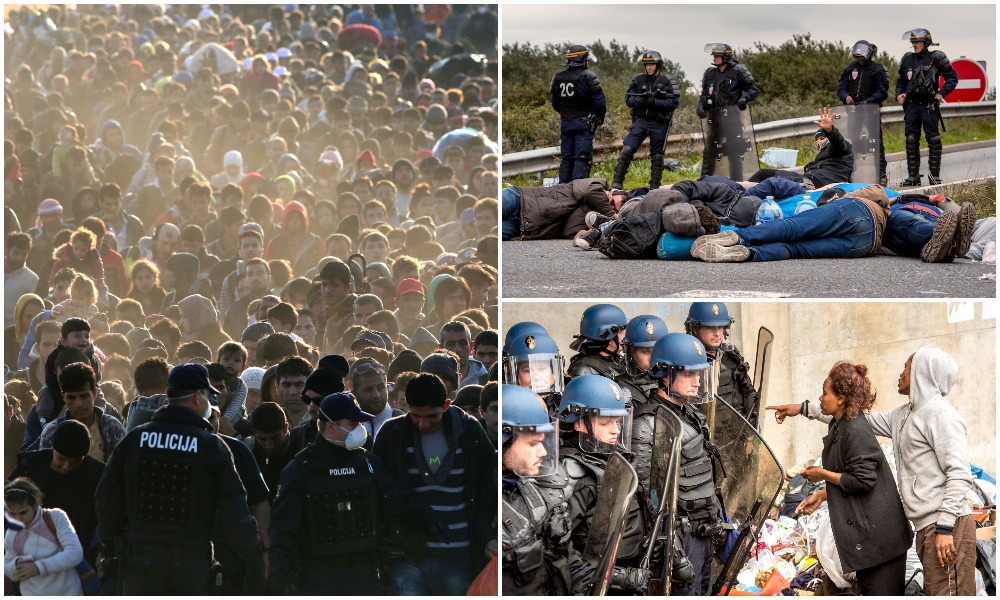
During the Syrian war, Poland, as well as Hungary and the Czech Republic, had essentially refused to take in any Syrian refugees, while many other refugees have faced unsympathetic treatment at the hand of authorities in France and the UK. (AFP/File Photos)
Kaminski also omitted to mention that, just months ago, his government erected a $380 million wall between Poland and neighboring Belarus to block thousands of non-European refugees seeking asylum in the EU.
As many as 19 of those refugees died in the months of that border crisis — now largely forgotten amid the Ukrainian furor — which displayed to the world, unequivocally, the Polish government’s hostility toward non-European refugees.
Doyle said: “There is an argument that geographic proximity can perhaps lead a country to take more numbers of refugees … but it certainly shouldn’t lead to discriminatory policies based on race, ethnicity and so forth.
“The world is watching. The world is seeing a very different set of standards being applied to Ukraine and conflicts in the developing world,” he said.
News of the proposed changes to Danish legislation follows a plethora of controversies online and in the media surrounding coverage of the Ukrainian conflict compared with other such conflicts and crises outside of Europe.
Twitter videos circulating online, accruing millions of views, have testified to the casual racism mainly of Western journalists in their coverage of the war.
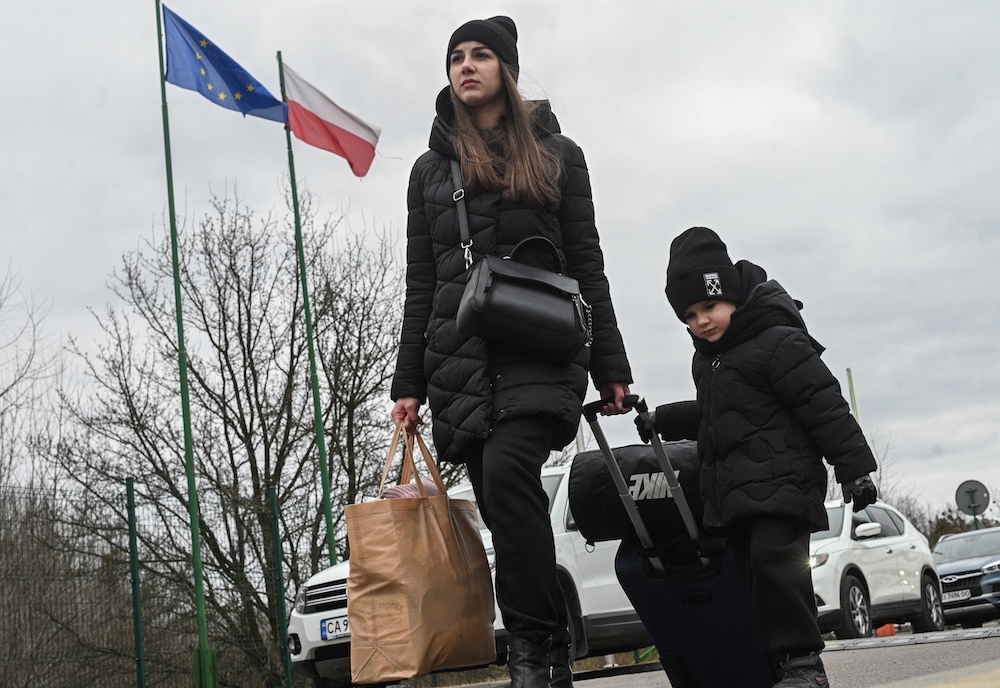
In contrast to refugees from Syria or Afghanistan, almost 2 million refugees have fled Ukraine in the weeks since the invasion by Russia, with many of them welcomed by neighboring European countries. (AFP)
For example, early in the conflict and live from Kyiv, Charlie D’Agata, CBS News senior foreign correspondent, said: “Now with the Russians marching in, it’s changed the calculus entirely. Tens of thousands of people have tried to flee the city. There will be many more, people are hiding out in bomb shelters.
“But this isn’t a place, with all due respect, like Iraq or Afghanistan that has seen conflict raging for decades. This is a relatively civilized, relatively European — I have to choose those words carefully, too — city where you wouldn’t expect that, or hope that it’s going to happen.”
His “relatively civilized, relatively European” comment — for which he later issued an apology — drew widespread condemnation, with accusations of racism pouring in from Arab journalists, many of whom had been covering conflicts in the Middle East and elsewhere for years.
In another case, a guest invited onto the BBC’s coverage said that the Ukrainian war was “very emotional for me because I see European people with blue eyes and blond hair being killed.”
But for Doyle, this kind of media discourse is not causing anti-Arab or anti-Middle Eastern bias; in fact, it is a “reflection of a broader, underlying racism,” he said.
Doyle added: “I think there is a public opinion issue here. We’ve seen for some time the growth of far right, anti-immigrant views and anti-refugee views.
“And that has confirmed what most of us came to realize: That they are anti-immigrant if they come from non-European countries, from Muslim majority countries — but they are not so anti-immigrant if they come from European countries like Ukraine.”




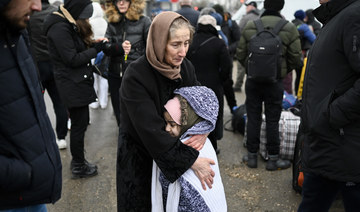


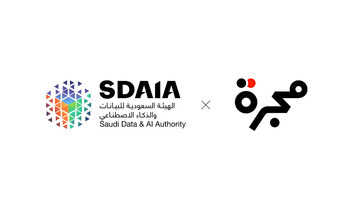
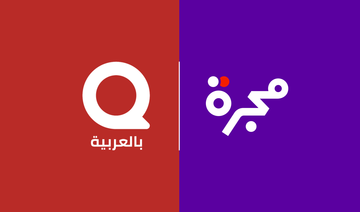

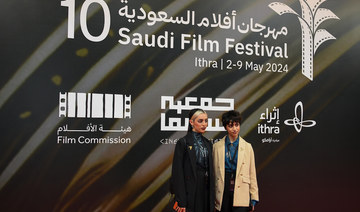
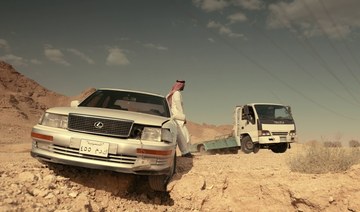
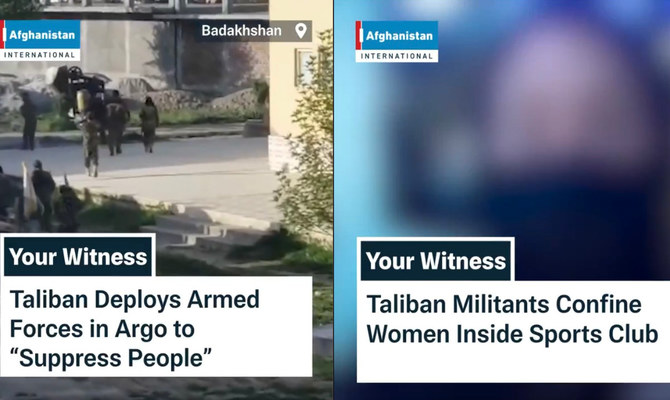
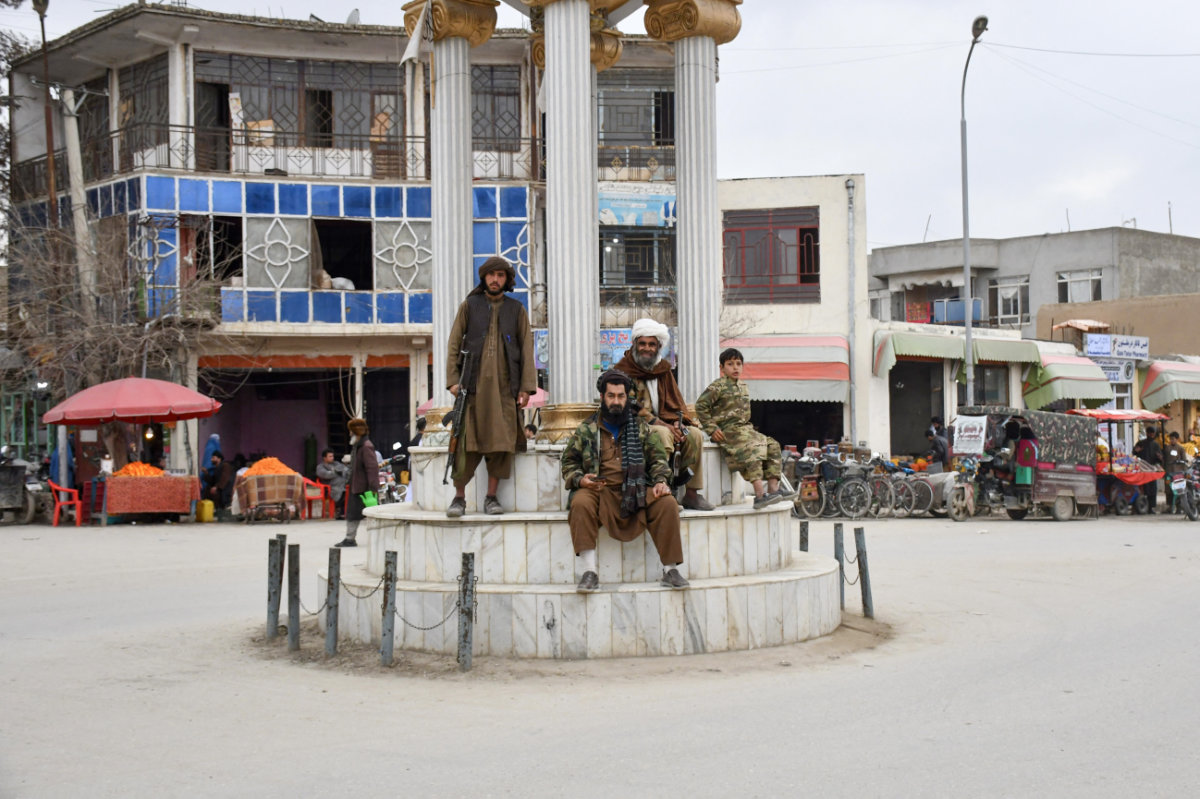
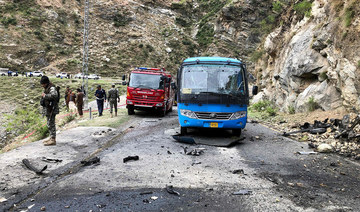
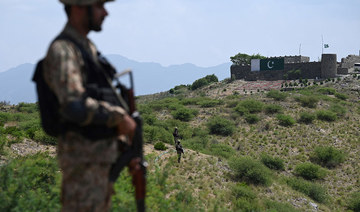
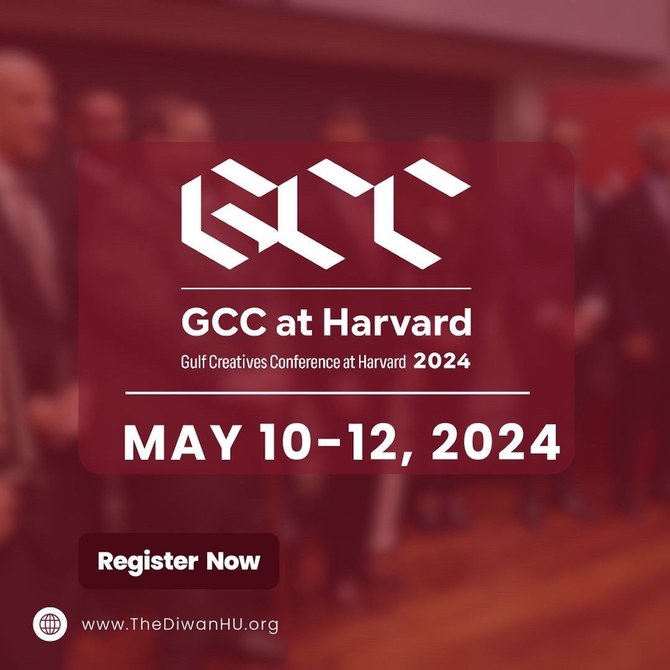
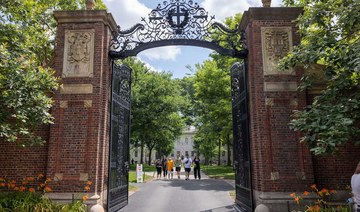
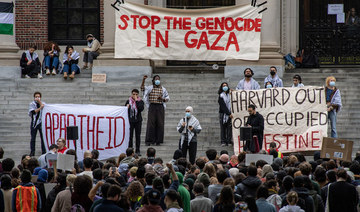
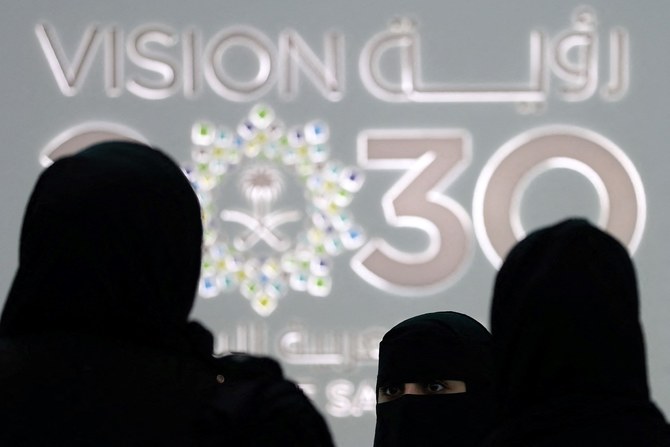
 Staffing the new office is a “critical aspect of our expansion strategy” and the company is currently focusing on making “strategic hires,” including a new local senior management team, with the objective of ensuring “we have the right talent in place to meet the dynamic needs of our clients, driving our success not only in Riyadh, but across Saudi as a whole,” Leach said.
Staffing the new office is a “critical aspect of our expansion strategy” and the company is currently focusing on making “strategic hires,” including a new local senior management team, with the objective of ensuring “we have the right talent in place to meet the dynamic needs of our clients, driving our success not only in Riyadh, but across Saudi as a whole,” Leach said.
